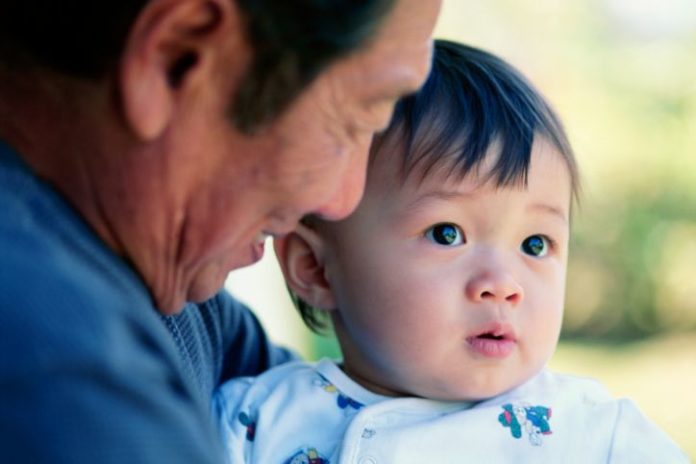Australian grandparents have become a permanent feature of family childcare arrangements, with nearly half of under three-year-olds with employed mums cared for -at least part of the time- by their grandparents, according to a new report released today by the Australian Institute of Family Studies.
The AIFS’ Trends in Maternal Employment and Child Care research report shows that in 2011, the proportion of children being cared for by their grandparents was almost the same as the proportion of children who spend time in long day care centres.
The report provides the first comprehensive analysis of trends in childcare in Australia from 1984 to 2011 with a particular focus on children with employed mothers, using data collected by the Australian Bureau of Statistics.
The report shows that in the early 1980s about four in 10 mothers were employed, compared to more than 6 in 10 in 2011 and that over this period there has been growth in the availability of formal child care such as long day care and outside school hours care.
AIFS Senior Research Fellow, Dr Jennifer Baxter said grandparent-provided care was used by a large proportion of Australian families as mothers sought to find ways to manage childcare while holding down paid jobs.
“When mothers were employed with children under three, four in 10 were cared for by a grandparent at some time during the week, almost the same proportion of children (47%) who spent time in a long day-care centre,” she said.
“Even when children were older – aged between three and five years – around a third were still cared for by a grandparent, which is roughly the same proportion as those attending a pre-school or a long day-care centre.
“Grandparents were still busy even when children reached school age, with around 16% of children with employed mothers being cared for by a grandparent, only slightly fewer than the 18% of children who were in outside school care.”
Dr Baxter said that while the informal care provided by grandparents and others is important, significant numbers of children attend formal childcare.
“Increased government investment in formal childcare has led to more care options and when trends from the 1980s to today are examined, children are now more likely to be in long day care and outside school hours care when mothers are employed than they were previously,” she said.
Dr Baxter said that opting for informal care was often a matter of preference among families with young children.
“Involving grandparents is something we know that many parents seek out as a childcare option because children are still being cared for by family in a home-based setting,” she said.
“Families are looking for family-based solutions so that they can still maintain the care of children themselves where possible, squeezing in work around caring for children or by bringing in grandparents.”
(Source: Australian Government – AIFS)











